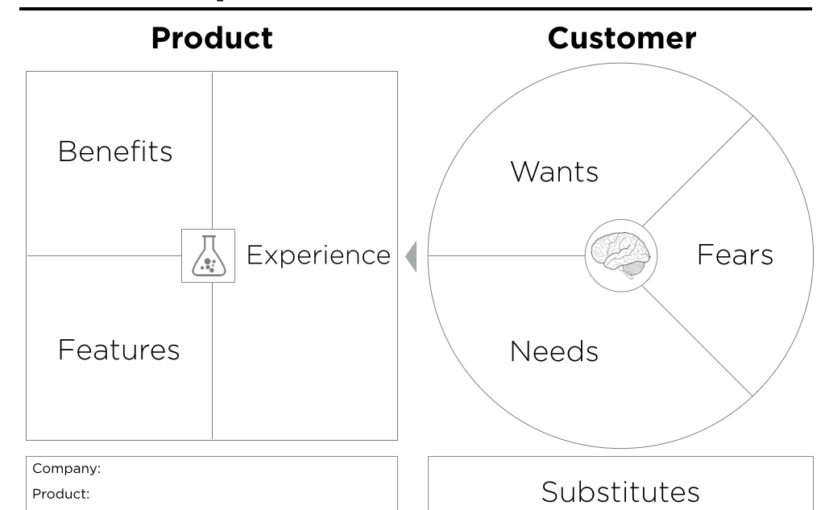Introducing Canvas Feature To Enhance Interaction With ChatGPT
OpenAI has unveiled an innovative interface known as Canvas, aimed at assisting users with intricate writing and coding endeavors alongside ChatGPT. Unlike conventional chat-based interactions, Canvas empowers users to collaborate with the AI within a dedicated window, enabling them to refine ideas and implement edits in real-time.

This new feature, currently in its beta phase, is accessible to ChatGPT Plus and Team subscribers initially, with plans to expand access to Enterprise and Educational users in the upcoming week. A broader release to all users, including those on the free tier, is anticipated upon the completion of the beta phase.
Enhanced Collaboration and Control
While ChatGPT has been extensively utilized for tasks such as drafting text and providing coding assistance, the chat interface may present limitations for projects necessitating ongoing revisions. Canvas addresses this challenge by presenting a fresh workspace where users can efficiently collaborate with the AI on their assignments.

Users can now highlight specific segments of their projects, enabling ChatGPT to offer targeted feedback, whether it pertains to written content improvements or code reviews. Moreover, the Canvas interface grants users enhanced control, allowing them to directly modify text or code, utilize various shortcuts to request swift adjustments from ChatGPT, like altering writing length, resolving bugs, or reverting to previous versions of their work.
Features and Benefits
For writing tasks, Canvas provides functionalities such as inline feedback, length adjustments, readability enhancements, and final polishing edits, encompassing grammar checks and the inclusion of emojis for emphasis. In the case of coding projects, Canvas streamlines the process of tracking changes and comprehending revisions.

Specific tools are offered within Canvas for coders, including the ability to add logs for debugging, insert comments to elucidate code, rectify errors, and even translate code into various programming languages like JavaScript, Python, or C++.
Powered by GPT-4o
The Canvas system is powered by GPT-4o, an enhanced iteration of OpenAI's model, designed to function as a creative partner, comprehending broader project objectives and providing more precise, contextual recommendations. The development team employed a blend of automated assessments and synthetic data generation to enhance the model's performance across diverse tasks, ranging from triggering the Canvas interface to determining when to make minor edits versus rewriting entire sections.

GPT-4o has been meticulously trained to activate Canvas for tasks like composing blog posts or debugging code, while minimizing interruptions for simpler inquiries. OpenAI is committed to continuous refinement of the model in response to user feedback.
Advancing User Interaction
Overall, Canvas signifies a notable advancement in how users engage with ChatGPT, simplifying the handling of larger, more intricate projects necessitating detailed edits and revisions.










